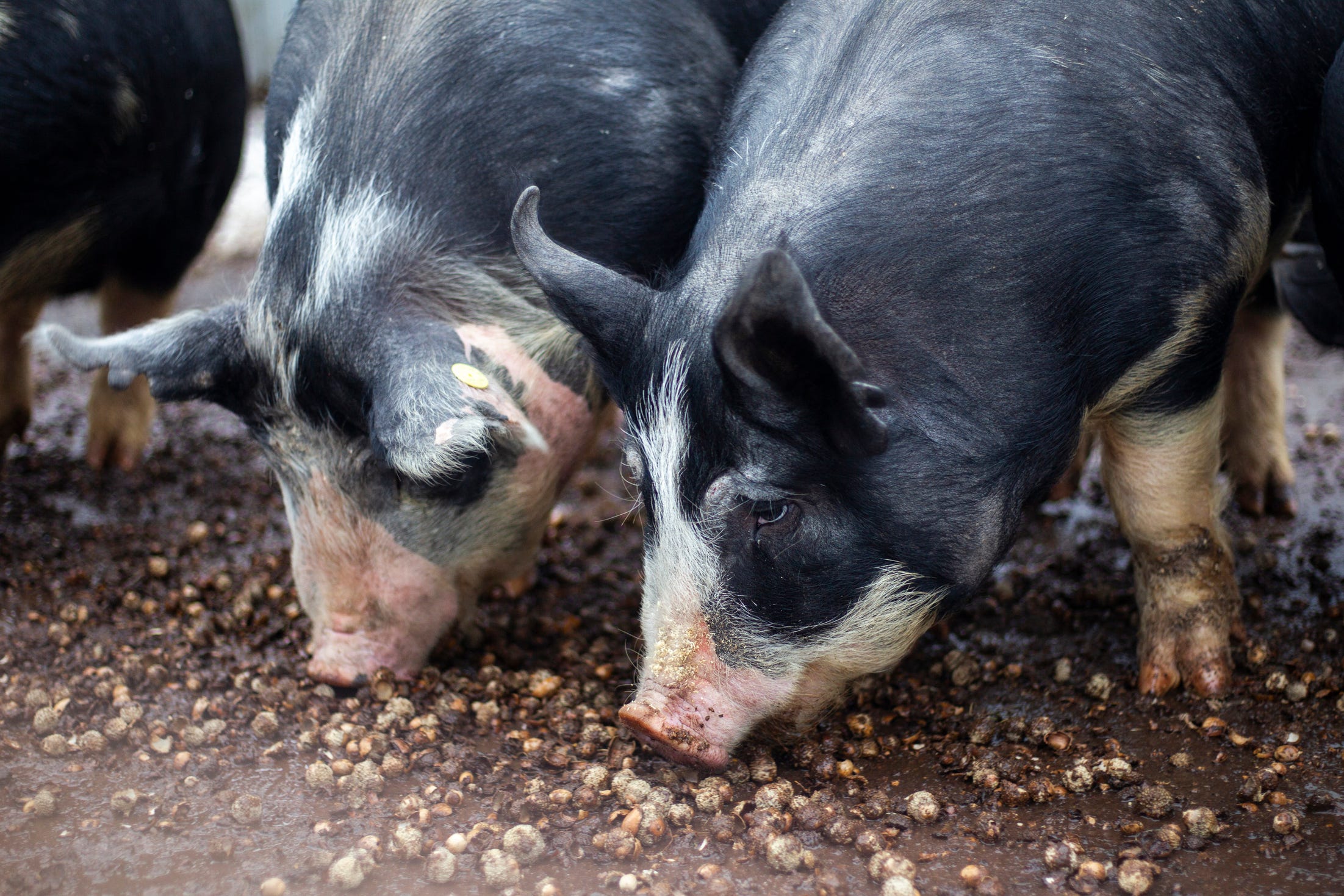New cell-line now available to quickly diagnose African swine fever

The US Department of Agriculture's Agricultural Research Service has developed a new method of detecting the African swine fever virus, a highly contagious and fatal disease in pigs.
The cell-line, which is a sample of animal cells that can be propagated repeatedly over time, will not need as many live cell donors as in past detection methods because the cells could only be used once. Now, the cells can be frozen and replicated for future tests, making the process much easier on farmers and veterinarians when dealing with a contagious disease.
"We have identified a cell-line that can be used to isolate and detect the presence of the live virus," said Douglas Gladue, a scientist with ARS. "This is a critical breakthrough and a tremendous step for African Swine Fever Virus diagnostics."
There is no presence of ASFV yet in the United States, but a press release said an American outbreak could cause significant economic losses. The virus is present in the country of Georgia and southeast Asian countries, including China. The research on the ASFV cell-line method was published in the July issue of the scientific journal "Viruses."
The cell-line will be commercially available to vet diagnostic labs that have not had access to live ASFV cells for testing. The research was jointly funded by the Science and Technology Directorate of the US Department of Homeland Security, the US Department of Energy and the USDA. The cell-line technology is now available for license after a provisional patent application was filed in April this year.